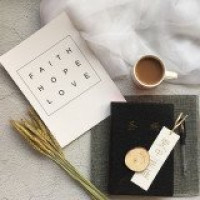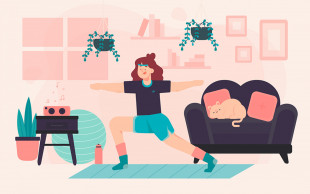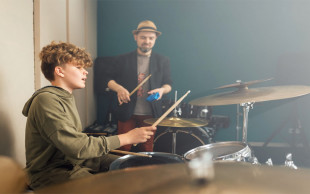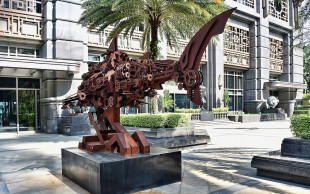STYLEGUIDE talks to co-founder Zhong Han about how UglyFood got started on its quest towards zero food wastage with a mission to transform potential food wastage into delectable and healthy food. As highlighted by UglyFood, perfectly edible fruits and vegetables that can fill a double deck bus are thrown away every day in Singapore because most consumers pick what they think are the "freshest" ones - and very seldom the less perfect and "ugly" ones that could simply have been mishandled during transportation or by other consumers. These ugly, unpicked and forgotten fruits get sent to landfills, out of sight and out of mind.
How did UglyFood get started and what was the inspiration behind it?
UglyFood was incepted as an idea during the Design Odyssey Programme by the SUTD-MIT International Design Centre, in partnership with the JP Morgan Foundation; Design Odyssey aims to provide students a seamless transition to professional practice by developing a human-centric focus rooted in design, innovation and social awareness.
I stumbled upon a video on Facebook about global food wastage and realised that there could be significant amounts of unnecessary food wastage in Singapore. Coupled with the opportune chance provided by Design Odyssey to work on this pervasive and pertinent problem, I jumped at it.
What were some of the biggest challenges faced?
Initially, one of the biggest challenges we faced was the cost of logistics as we had to collect ugly produce from multiple locations. Since then, we have tweaked our supply chain and have found alternative means to acquire the ugly produce.
Do you face any skeptics and how do you deal with them?
There were some naysayers that questioned if the work we do have any tangible impact.
We stand firm in what we believe in: advocacy and changing mindsets. Despite the fact that we do not sell our products to a sizable portion of the population as of yet, we believe that taking small steps and sharing about food wastage within our current area of influence is impactful in itself.
Can you tell us about some of your most memorable experiences?
Some of our memorable experiences thus far include experimenting in the kitchen to test recipes and tasting food that we made, interacting with various stakeholders to understand their pain points as well as sharing with the public at booths about the work that we do.
What was the biggest achievement throughout this journey?
One encouraging milestone was the validation we received from the #SOIMPACT Bootcamp, organised by *SCAPE and UNFRAMED. We raised funds via a crowdfunding and emerged as winners.
Following that, we were shortlisted to be part of the Young Social Entrepreneurs (YSE) 2018 Programme by Singapore International Foundation.
Recently, we made our largest sale of 500 popsicles for a single event too!
What else can people do to reduce food wastage?
At every point along the food value chain, food is wasted. If global food waste were a country, it would be the third largest greenhouse gas emitter after the USA and China.
On an individual level when ordering food, we can order only what we can finish by asking for less carbohydrates, especially if we are not feeling too hungry. When buying groceries for home-cooked meals, planning will help to reduce wastage. Also, proper storage of food can help to reduce food wasted.
One can also takeaway food that one cannot finish when eating out.
On average, each Singaporean wastes 2 bowls of food daily.
Are there any mentors or people whom the team would like to say thanks to throughout your journey?
We would like to thank Design Odyssey and the mentors we met along the way.
What are your future plans for UglyFood?
We will expand our business to save more food from the trash and deliver more nutritious and delicious food to the public. We also hope to target more social and environmental goals such as hiring people with disabilities, providing nutritious food to the people who need it and educating people about ugly produce through workshops.
What’s the most important message you want our readers to remember?
‘The greatest threat to our planet is the belief that someone else will save it.’ - Explorer Robert Swan

















